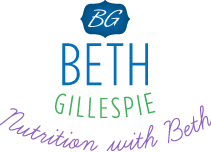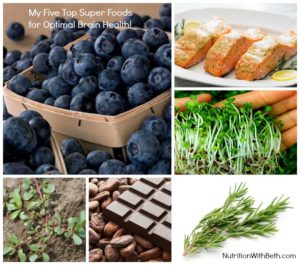Are you planning on getting pregnant and starting a family? Over the last ten years, many women have joined my cleanse programs to “clean” out before they get pregnant. Perhaps these women felt that they were not eating so healthy or drinking too much alcohol. Or they had been on a round of antibiotics or taking NSAIDs like Advil or Aleve on a regular basis. Regardless, they intuitively felt like they needed to cleanse.
Well, their intuition was right.
 I recently listened to a very informative webinar with Professor Barbara Demeneix, author of the new book, The Toxic Cocktail. I highly recommend her book if you are concerned about toxins and their impact on your health and the health of your children. In the meantime, I thought it important to share a quick summary of key points she covered in the webinar.
I recently listened to a very informative webinar with Professor Barbara Demeneix, author of the new book, The Toxic Cocktail. I highly recommend her book if you are concerned about toxins and their impact on your health and the health of your children. In the meantime, I thought it important to share a quick summary of key points she covered in the webinar.
We now know that many chemicals pass the placenta and are found in amniotic fluid.
The womb is no longer thought to be a safe haven for the developing fetus. Many chemicals contain chlorine, bromine, and fluorine (a.k.a. halogens) that displace iodine. And iodine is needed to make thyroid hormone. And thyroid hormone is needed to make a healthy brain. The big connection…
A mother’s thyroid hormones are needed for the early brain of the fetus to develop correctly. The first 3 months are the most vulnerable! Certain endocrine disrupting chemicals (EDCs) can interfere with the capacity of our thyroid glands to capture iodine and to make thyroid hormone. When this takes place during the development of a child in the womb, it can have devastating effects on cognitive function and resulting IQ.
What chemicals are similar in structure to thyroid hormone and displace this all important hormone? Pesticide metabolites, triclosan, BPA, PCBs, and flame retardants all interfere with thyroid hormone signaling and are found in human amniotic fluid. These chemicals are often referred to as endocrine disrupting chemicals (EDCs). In a nutshell, low iodine, maternal hypothyroidism, and EDCs that cross the placenta can all affect the baby in the womb and lead to loss of IQ. As research continues in this field, no doubt more will be discovered about the impact of certain chemicals on neurodevelopment.
What can you do now to reduce exposure to these toxins and cleanse them out? Here are ten tips to minimize these chemicals (and metals) before and while you are pregnant (and always!)
- Avoid plastics in the kitchen. Especially plastic wrap around fatty foods like cheese and meat. Store your cheese in glass containers instead.
- Drink out of a stainless steel or glass bottle. Avoid plastic water bottles, even the BPA free ones.
- Cook with stainless steel pans
- Eat organic whenever possible. It really makes a big difference! Avoid those pesticides!
- Limit your consumption of BIG ocean fish like swordfish and tuna. Smaller ocean fish like sardines and anchovies are better choices and have less mercury and other toxins. Always avoid farmed raised fish due to high PCB levels! This include Atlantic salmon.
- Increase your iodine uptake. Make sure your multi vitamin has 150 mg iodine per serving, especially when you are pregnant.*
- Assess your bath and body care products. Use clean personal care products without added parabens and phthalates.
- Don’t repaint your house or buy new furniture while pregnant! Avoid off gassing of those brominated flame retardants in new furniture.
- Avoid use of insecticides in the yard or standard air fresheners in the home. You can use essential oils to freshen up your home.
- And lastly, make it a priority do do a cleanse program BEFORE you get pregnant. Check out my very favorite cleanse program here!!
* Women with Hashimoto’s may be advised to avoid iodine.
Save










